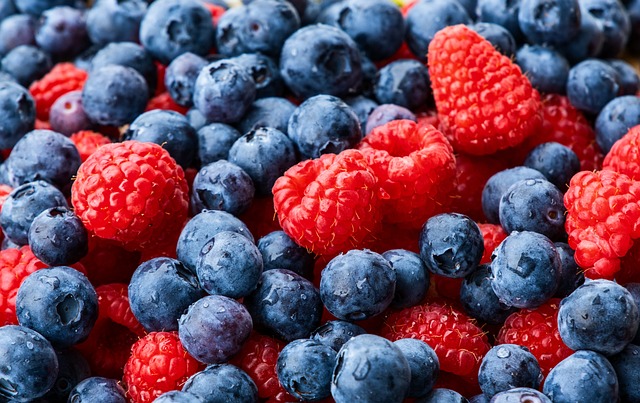Supercharge your Gut: Unveiling the Power of Probiotics
Probiotics are a hot topic these days, and for good reason. These tiny microorganisms play a crucial role in maintaining a healthy gut, which in turn has a profound impact on our overall well-being. In this article, we will delve into the world of probiotics, exploring their benefits and highlighting why they are the key to supercharging your gut health.
What are Probiotics?
Probiotics are live bacteria and yeasts that are good for our health, especially our digestive system. They are often referred to as “friendly” or “good” bacteria because of their positive effects on our gut microbiota. These beneficial microorganisms can be found naturally in certain foods or can be taken as dietary supplements.
The Gut Microbiota
The gut microbiota, also known as the gut flora, is a complex community of microorganisms that resides in our digestive tract. It consists of trillions of bacteria, viruses, fungi, and other microbes. While this may sound a bit alarming, the majority of these microbes are actually beneficial and essential for our well-being.
Our gut microbiota plays a crucial role in maintaining a healthy digestive system and has been associated with numerous other aspects of our health, including our immune system, mental health, and even our body weight. A healthy and balanced gut microbiota contains a diverse range of microorganisms, with a high number of beneficial bacteria such as lactobacilli and bifidobacteria.
The Benefits of Probiotics
Probiotics offer a wide range of benefits for our gut health and overall well-being. Some of the key advantages of incorporating probiotics into your daily routine include:
- Improved Digestion: Probiotics help maintain a healthy balance of bacteria in the gut, promoting optimal digestion and nutrient absorption. They can also aid in the breakdown of certain foods, reducing discomfort and digestive issues like bloating, gas, and constipation.
- Enhanced Immune Function: A significant portion (around 70-80%) of our immune system is located in our gut. Probiotics help stimulate the production of antibodies, strengthen the gut barrier, and prevent harmful bacteria from flourishing. By keeping our gut microbiota balanced, probiotics support a robust immune system.
- Reduced Inflammation: Imbalances in the gut microbiota can lead to chronic inflammation, which is linked to various diseases, including inflammatory bowel diseases (IBD), allergies, and autoimmune disorders. Probiotics have been shown to help reduce inflammation and maintain a healthy gut environment.
- Mental Health Support: The gut-brain axis is a bidirectional communication system between the gut and the brain. Emerging research suggests that probiotics can influence brain function and may have a positive impact on mental health conditions such as anxiety, depression, and stress.
- Weight Management: Imbalances in the gut microbiota have been associated with obesity. Probiotics may help regulate metabolism, reduce fat absorption, and control appetite, hence supporting healthy weight management.
How to Incorporate Probiotics into Your Diet
Now that we understand the benefits of probiotics, let’s explore some natural sources and ways to incorporate them into our daily diet:
- Yogurt: Yogurt is perhaps the most well-known probiotic-rich food. Look for yogurt labeled with “live and active cultures” to ensure a good amount of beneficial bacteria.
- Kefir: Kefir is a fermented milk drink that is packed with probiotics. It has a tangy taste and can be enjoyed on its own or added to smoothies and breakfast bowls.
- Sauerkraut: Sauerkraut is fermented cabbage that is not only delicious but also a great source of probiotics. Make sure to choose the unpasteurized variety for maximum benefits.
- Kimchi: Kimchi is a traditional Korean side dish made from fermented vegetables. It is rich in probiotics and adds a savory kick to meals.
- Tempeh: Tempeh is a fermented soy product that is widely used as a meat substitute. It not only provides probiotics but also offers a good amount of plant-based protein.







